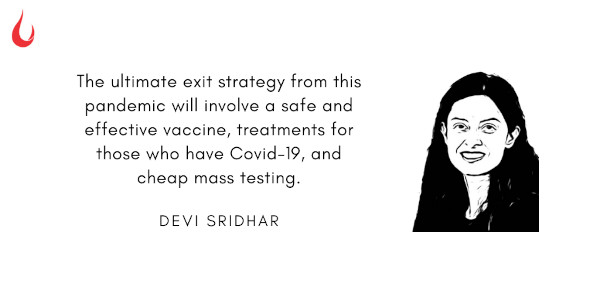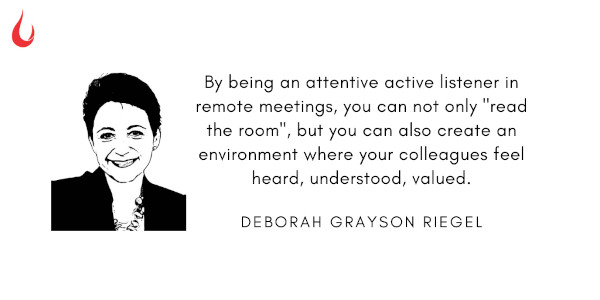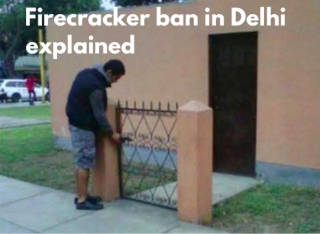[Photo by Mufid Majnun on Unsplash]
Good morning,
In The Halo Effect, Phil Rosenzweig shares the fascinating story of how IBM’s leaders looked at its own success and failure.
Rosenzweig writes, “In 1983, Fortune published its first survey of America’s Most Admired Companies. The winner was IBM. The following year, in 1984, IBM topped the list again. When asked to describe IBM’s strengths, CEO John Opel gave credit to his company’s people: ‘The fundamental thing is that the people who work in the company make it a good company. That’s really the secret: the people. It’s our good fortune to have superior people who work hard and support each other. They have adapted to our basic set of beliefs—the standard we expect of one another—and follow those standards in dealing with one another and with people outside the company. I know it sounds corny, but it’s true, and there’s no point in trying to analyze it much more than that.’ And what sorts of people did IBM look for? Opel explained: ‘We’re a positive bunch of people, the kind who like to do creative things. I believe that like begets like. You look for people with the same qualities as other people who are building the company.’”
But, if the history of business teaches us anything, it’s that no business can sustain success for long. Rosenzweig goes on to write. “By the end of the 1980s, IBM was slipping badly; and by 1992, it was awash in red ink. Opel’s successor, John Akers, was replaced. How did observers explain IBM’s poor performance? By pointing the finger at its people and company culture, of course. In Big Blues: The Unmaking of IBM, Wall Street Journal reporter Paul Carroll criticized the company’s ‘button-down culture,’ its ‘rigid bureaucracy,’ and its ‘complacent executives.’
“The same people who were praised in 1984 now were blamed for the decline of a great industrial enterprise. Had they suddenly changed their ways? Probably not. Had the CEO been blind about his people—had they been complacent and rigid all along? I don’t think so. John Opel was probably entirely honest when he sensed that he was surrounded by hardworking, excellent people. And they were well-suited for IBM of the 1960s and 1970s. But when the industry changed and IBM missed the turn in the road, its people were on the receiving end of a very different attribution. Our evaluations depend on whether we think we’re seeing a lady or a flower girl.”
The full title of Rosenzweig’s book is The Halo Effect...and the Eight Other Business Delusions that Deceive Managers. What do you do to make sure you don’t deceive yourself? What has worked for you? Let us know.
In this issue
- The good news beyond vaccines
- How to become a better listener
- How not to secure your data
Have a great day!
The good news beyond vaccines
We have had two pieces of good news in quick succession about Covid-19 vaccines—from Pfizer and Moderna. Atul Gawande’s tweet captured the dominant mood of cautious optimism around the news. He wrote: “The light at the end of the tunnel just got even brighter. We may now have multiple, very effective vaccines distributing widely in spring and summer. Now we must pull together to get everyone we can through that tunnel alive and with jobs intact.”
In The Guardian, Prof Devi Sridhar, chair of global public health at the University of Edinburgh, points out that we have made some progress in other fronts too.

She writes:
- We now understand how this virus spreads—through droplets, small aerosol particles and on surfaces—and that aerosols are probably the most significant transmission route. (So, have good ventilation, wear mask, maintain distance, socialise outdoors).
- Unlike flu, which spreads via similar-sized outbreaks in different places, roughly 10% of individuals infected with Covid are responsible for 80% of new infections. (So, focus on “super-spreaders” or “super-spreading” events).
- We know “mass testing in the community is important, because it helps us identify as many infectious people as possible, even if they don’t have symptoms.”
- “Doctors have a far better understanding of Covid-19… Survival rates among patients are improving, and we now know that earlier access to treatment leads to a much lower fatality rate.”
Dig deeper
How to become a better listener
In a column in Inc. Deborah Grayson Riegel, leadership communication instructor at Wharton and Columbia Business School, offers some handy tips to become a better listener in remote meetings.

Here are three we found useful
- Be inclusive in who you listen to: “Be mindful of your similarity bias (listening more to people who have more in common with you than to those who are different); as well as your ‘closeness-communication’ bias, where we're less likely to listen to people to whom we feel close because we think we can predict what they're going to say.”
- Get comfortable with silence: “Good listeners offer silence for people to connect with their own thoughts and feelings, self-reflect, and process information at their own speed.”
- Listen for what's being said and for what isn't being said: “If your colleague says, ‘We're all doing OK at home,’ and her face looks concerned, check in about that, too. The goal isn't to disprove what they're saying; it's to show that you're paying attention to the whole person—and that you care about that person, too.”
Dig deeper
How not to secure your data

(Via WhatsApp)
Tell us what you think and find noteworthy. Head over to our Slack channel.
And if you missed previous editions of this newsletter, they’re all archived here.
Bookmark Founding Fuel’s special section on Thriving in Volatile Times. All our stories on how individuals and businesses are responding to the pandemic until now are posted there.
Warm regards,
Team Founding Fuel


